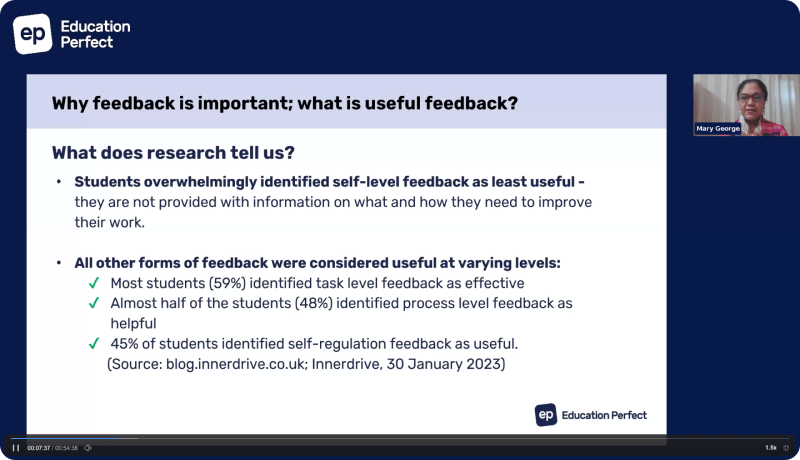Overdoing it Online: Burning Out in the Digital Age
It’s almost 2020 now. Much of our daily life has migrated online. We socialise, shop, order meals, watch shows, movies and sports games, share aspects of our lives, and often work in a hugely virtual world. It’s convenient, and allows for some flexibility – but isn’t without danger.
It’s now inevitable that we will come into contact with an aspect of technology on a daily basis, and screen technology is one of the most common ways this happens. As a ‘Xennial’ (Stankorb, 2014), I didn’t develop the same relationship with digital technology until my early twenties as those younger than me, who were born into – and grew up in – a more digitally connected world. I’m entirely comfortable with online technology, but have also happily experienced life without it. Yet, more and more, I find myself reaching for my phone, or switching on my laptop again; essentially forgetting how much I need that time offline to ease stress levels, or reconnect with my friends, family, and self.
In our schools (and out of them; we all know by now that school isn’t an in-school, 8-3 concept), our teachers and students spend a large portion of each day staring at a screen. What’s more, these behaviours are now normal – expected, even. You can work, and connect, from literally anywhere, at any time – but does that mean you should?
We are now having to face the fact that even digital natives are reaching saturation point. Should we be looking to the ways digital immigrants grew up with to incorporate some of the ‘old school’ or ‘offline’ methods of doing things? Is there a way to harness the benefits of technology in a digital era without allowing it to take over entirely?
The answer to these questions, quite simply, is ‘yes’. But is it as simple as just switching off? It’s not just me who experiences guilt over deliberately making myself unavailable online from time to time – conversations with colleagues and friends often revolve around excuses like ‘I should just check/answer/finish’ or ‘But what if I’m needed?”. It’s not life or death, let’s be real. Nothing catastrophic will happen to the world if you don’t answer that email until the morning, or if you close your laptop at the end of the day and walk away. Yet the permeating fear is that that’s exactly what will occur. We have no basis for it, yet we routinely convince ourselves that something awful will happen if we’re not available. So available, we are – but at a cost.
Digital burnout (fatigue and stress specifically caused by extensive use of technology) is so common that there are movements springing up to remind people to take a ‘Digital Detox’. One of these, Time to Log Off, points out that the signs of digital burnout actually don’t differ terribly much from those of general burnout. We know burnout isn’t a good thing – we know to look for signs and try to avoid it. The problem with digital burnout, however, is that the technology is immediately and readily accessible – and therefore virtually inescapable. It’s all too easy to fall back into that pattern.
So how do you take steps towards avoiding that digital burnout?
In the classroom, you can try:
- Using your in-class time on spoken interactions – games, debates, discussions, activities that get students moving and talking about the learning and concepts.
- Going ‘old school’ every now and then – as a Japanese teacher, I had the students hand-write a lot, and after the initial ‘Miss, my hand hurts!’ complaints, my students enjoyed the novelty.
As a teacher, remember to:
- Continue to look at platforms that genuinely enhance learning and that will save you time and effort.
- Ensure that you’re maximising the online tools available to you – access support for this if needed so that you can work smarter.
As a person, know that:
- It’s okay to walk away from your laptop or phone – and not to feel guilty!
- Setting a ‘switch-off’ time from work-related technology helps you to set boundaries.
- Just because you can technically always ‘just pop online and do that’ does not mean that you are required to, or should.
- Having an ‘offline’ aspect to life helps keep you balanced.
As technology continues to evolve, we need to be mindful of the steps we can take now to ensure mental and physical health. Burnout takes a toll on every aspect of your life.
The habits developed by young people will be influenced by what they see you doing, and what you expect of them. Modelling self-care behaviour when it comes to avoiding burnout – digital or otherwise – is vital.
Where will you begin?



